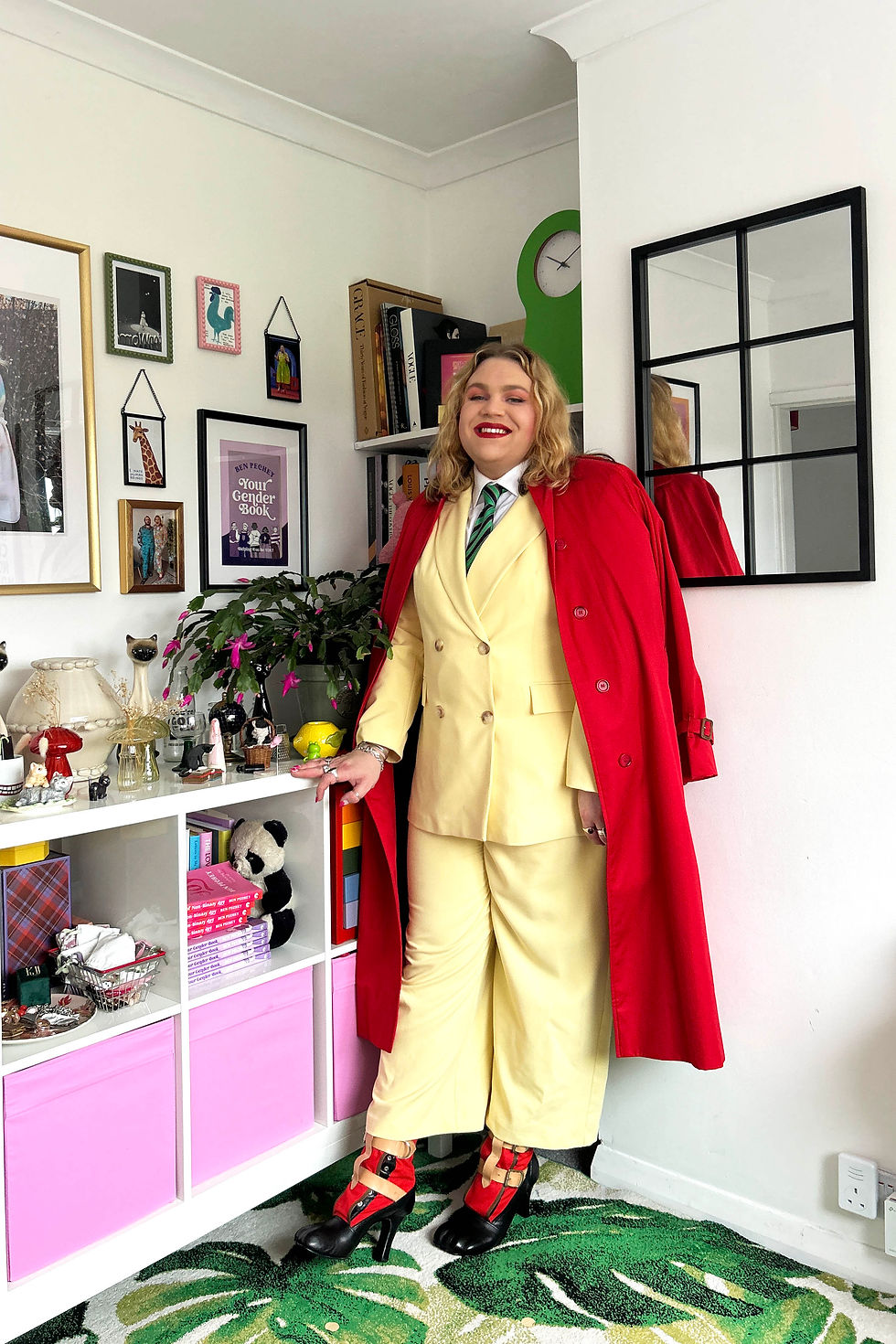The Sound of Silence
- Ben Pechey

- Sep 19, 2025
- 2 min read

I had laryngitis recently.
My best tool at changing minds and educating was gone. I hadn’t realised how much I depended on my voice, until I lost it. It left me frustrated and ultimately bereft of agency.
Startlingly the only medical advice was to rest my voice completely. Whispering is even worse for the voice, so even that was off the menu. I decided that I would explore the accessibility settings in my phone. I quickly found the type to talk function, and for 3 days, my consciousness was narrated by my phone. I was able to communicate, but I lost the spontaneity, my fullest meaning, lacked my intonation, and ultimately it wasn’t me.


I went to the florist to buy some flowers to cheer myself up. I was asked the same question over and over; did I want the flowers wrapped up, I’d shaken my head because I was going to put them in a vase when I got home, and the extra packaging was wasteful. I’d communicated effectively, yet the florist felt they knew better.
My partner explained I had lost my voice, but that no, I didn’t want the flowers wrapped. The cashier then preceded to speak to me as if I was completely deaf, and also three years old. It was a metaphor for how anyone who is outside of the perceived social norm is treated.

Over the course of my enforced rest, I had more time to think, and as a result I ruminated on the power of our voices, to advocate for ourselves and others. Even as a marginalised person, I still have exceptional privilege; my education, my first language being English, and my exceptional communication skills.
Yet with all that, myself and the trans+ community are still not taken seriously by a large part of the population. The way I was treated in the florist was a perfect example of how unyielding society is to provide adequate and equitable accessibility for all marginalised folks.
In the florist I was spoken about, not spoken to. I was ignored, perceived as a folly, and inconvenience. Whilst this interaction was harmless on the grand scheme of things, it perfectly sums up the trans experience, and the wider experience of all marginalised people.
So what can we take from this?


When possible, we all need to use our privilege to make the lives of those who are less privileged easier. Cis people speaking up for trans+ people. White people working to reduce racism. Everyone in the UK, working to stop the genocide in Palestine. Non-disabled folks advocating for disabled folks. The list goes on.
The impetus behind this shouldn’t be ‘it could happen to you’ but all of us are only a few circumstance changes away from needing access needs. If you would want to be advocated for, then you need to be advocating for others now.
Identify where you have privilege, and use it for marginalised people.
It’s that simple.





Comments